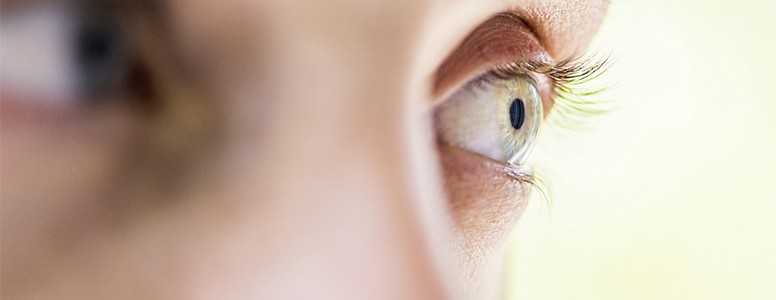A type of fat, previously thought only to be present in skin, has been found in eyes, offering hope of a new treatment for diabetic retinopathy.
Researchers from Michigan State University have discovered that a certain lipid could be harnessed in attempts to prevent the blood vessel damage of retinopathy that can lead to visual problems. Retinopathy is a common complication of diabetes that affects the retina in the eye.
The study’s lead researcher, physiology professor Julia Busik said: “Our study presents an unexpected finding that the connections between cells in the retinal blood vessels contain unusual, long-chain lipids that may keep vessels from leaking, possibly preventing diabetic retinopathy from occurring.”
Structures in the eye known as tight junctions connect blood vessels in the retina, forming part of the retinal barrier. The researchers found that these connectors are partly made up of elongated lipids, which work to make the barrier stronger.
Prof Busik notes that higher levels of blood glucose and lipids in the blood can imbalance the nutrients travelling around the body. She stated: “When this becomes unbalanced, the vessels leak and become fragile, leading to the development of diabetic retinopathy. It appears though that these long-chain lipids and the enzymes that produce them can protect the retina and its blood vessels.”
An enzyme called ELOVL4 is suppressed in people with diabetes, hindering the body in preventing further damage by producing these helpful lipids.
Now, the researchers plan to carry out more studies to learn more about the lipids in a bid to explore the possibilities of new treatments.
Prof Busik added: “Incorporating more of the long-chain lipids into the eye could potentially be a new treatment down the road and involve injections or even eye drops.”
She added: “We’ve found good lipids in the eye that have the potential of changing the development of diabetic retinopathy.”
The study is published in the Diabetes journal.
What's new on the forum? ⭐️
Get our free newsletters
Stay up to date with the latest news, research and breakthroughs.








